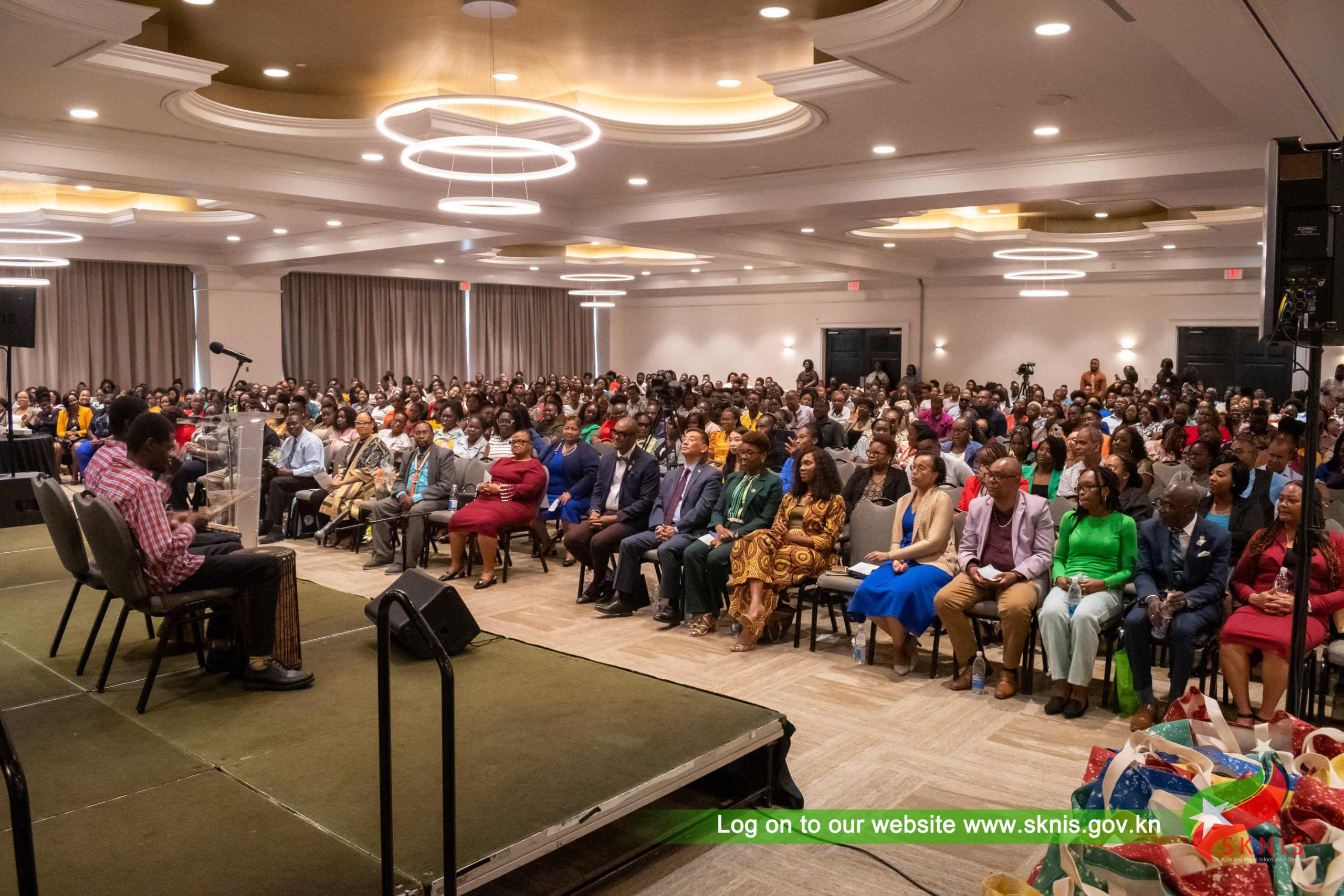Deputy Prime Minister Hanley Addresses Educators for the 2025-2026 Academic Year
Paragraph 1: A Call for Safe Spaces, Partnerships, and Shared Responsibility
The 2025-2026 academic year in Saint Kitts and Nevis commenced with a powerful address by Deputy Prime Minister and Minister of Education, the Honourable Dr. Geoffrey Hanley. His message centered on three guiding principles for educational success: the creation of safe spaces, the forging of strong partnerships, and the adoption of shared responsibility. These principles, Dr. Hanley emphasized, are crucial for fostering a thriving school culture where students are nurtured and empowered to reach their full potential. He underscored the interconnectedness of these pillars, arguing that they collectively contribute to a holistic educational approach.
Paragraph 2: Safe Spaces: Fostering Emotional and Psychological Well-being
Dr. Hanley stressed the paramount importance of safe spaces – environments where students feel physically, emotionally, and psychologically secure. These safe havens empower students to take risks, ask questions, and explore their identities without fear of judgment or reprisal. This emphasis on safety extends beyond physical security to encompass the emotional and psychological well-being of students. Such an atmosphere, he argued, is essential for nurturing independent learners who thrive in an environment of trust and empathy. Dr. Hanley’s vision is one where classrooms become incubators of growth, where mistakes are viewed as learning opportunities, and where diversity is celebrated as a strength.
Paragraph 3: Partnerships: Collaborative Engagement for Educational Success
The Deputy Prime Minister highlighted the critical role of partnerships in achieving educational excellence. He urged educators, administrators, families, and communities to actively collaborate and strengthen their connections. Dr. Hanley emphasized that education is a collective endeavor, a “team sport,” requiring the combined efforts of all stakeholders. He stressed the importance of parents and guardians as co-creators in their children’s educational journey. Involving students in shaping classroom culture was also emphasized, echoing the wisdom of Benjamin Franklin White, who posited involvement as the key to meaningful learning.
Paragraph 4: Shared Responsibility: A Collective Commitment to Student Success
Dr. Hanley advocated for a collective embrace of shared responsibility, arguing that the success of the education system cannot be shouldered by individuals alone. He stressed the importance of a collective mindset where everyone feels accountable for student success, not just within individual classrooms, but across the entire educational landscape. This sense of shared responsibility, he posited, distributes the weight of educational success across the community, ensuring that everyone plays a role in supporting student growth and development.
Paragraph 5: Embracing Diversity and Fostering a Sense of Belonging
Central to Dr. Hanley’s message was the imperative of creating inclusive classrooms that celebrate diversity and foster a sense of belonging. He called on educators to cultivate environments where every voice is valued, where students from different backgrounds and with diverse perspectives feel welcomed and respected. This emphasis on inclusivity, he argued, will foster a sense of community within the classroom, empowering students to embrace their differences and learn from each other. He urged educators to be the kind of mentors who instill in students a sense of belonging, not just within the classroom walls, but within the wider world.
Paragraph 6: A Vision of Empowerment and Future Readiness
As the Federation of Saint Kitts and Nevis embarked on the new academic year, Deputy Prime Minister Hanley expressed confidence in the potential of the education system to empower students and equip them for meaningful futures. He emphasized that the principles of unity, empathy, and shared commitment are the cornerstones of a robust and effective educational framework. By embracing these values, Dr. Hanley believed, the education system can effectively prepare students for the challenges and opportunities that lie ahead, enabling them to become active and engaged citizens capable of contributing to society. His message was ultimately one of optimism and hope, a belief in the transformative power of education and its potential to shape a brighter future for the nation’s youth.
Share this content:












Post Comment